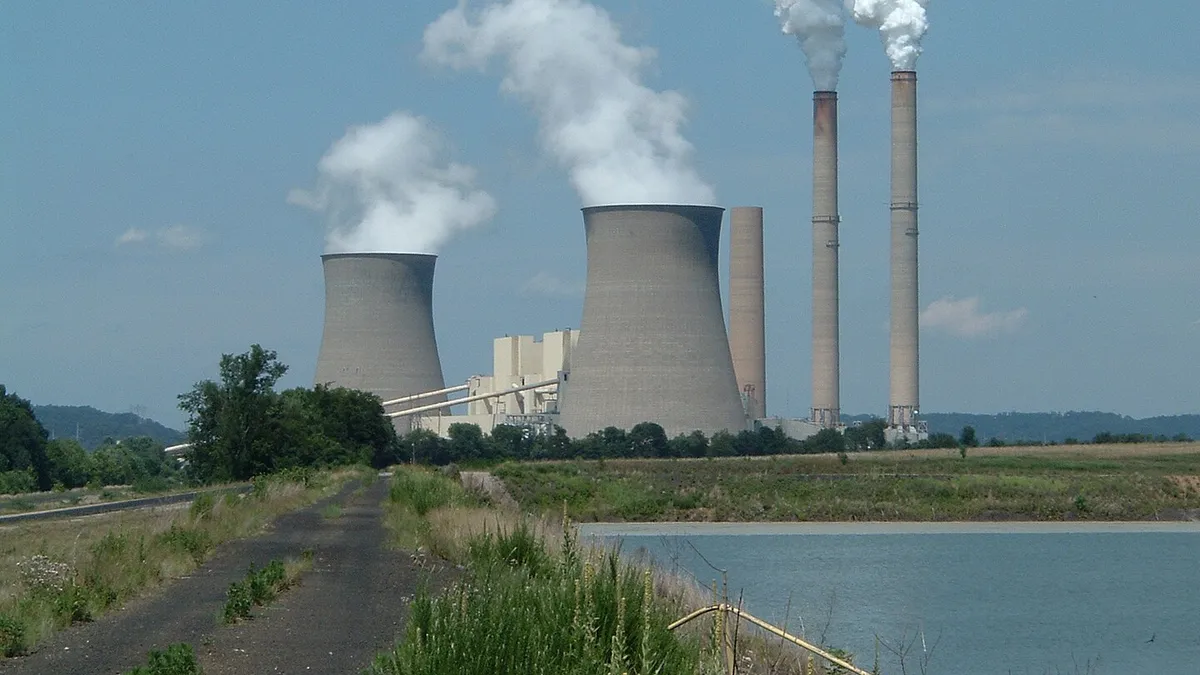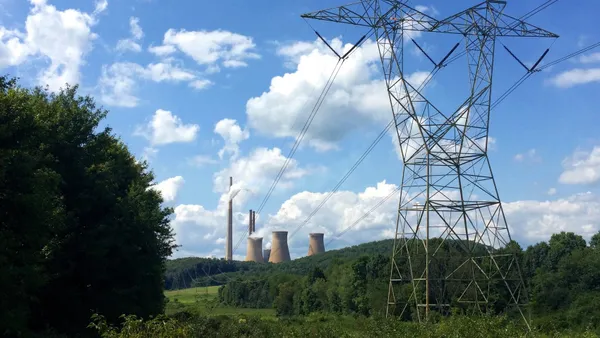Dive Brief:
- Emails obtained by the St. Louis Post-Dispatch show Ameren may have struck a deal with Monsanto, the large agricultural company opposing a utility overhaul bill in Missouri, exchanging the company's support on the legislation for a lower power rate.
- The bill, supported by Ameren, would allow utilities to set rates based on prior-year's costs, speeding the company's ability to invest in and modernize the distribution grid. Critics worry this could lead to significant price increases, and large consumers like Monsanto, Ford and Anheuser-Busch have lobbied against the measure.
- Though details of the arrangement are not final, officials at Monsanto, in an email to Ameren, say the company would be "neutral" on the bill in a preliminary arrangement between the two companies.
Dive Insight:
Consumer advocates in Missouri have worried a proposal by Ameren to speed modernization of its grid could wind up leading to persistent rate increases, and it now appears large customers are finding a way around those price hikes. The Post-Dispatch reports on emails it obtained between Monsanto and Ameren, purportedly showing the two companies striking a deal for lower power rates in return for Monsanto dropping its opposition.
Duane Simpson, Monsanto’s head state and local government affairs lead, wrote in an email to Ameren vice president of external affairs Warren Wood that: “As for Monsanto, as the proposal stated below, we will be neutral upon having agreed to the language. Until then, I ask that you refrain from portraying our position to legislators. We have an agreement in principle, but until we see the language, the deal isn’t done.”
Under the deal, rate hikes would be capped at 4.5% as opposed to 4.75%, and Ameren's return on equity would be reduced slightly. And other deals may be in the making. The email chain indicates Anheuser-Busch could be closing in on a similar deal.
Consumers Council of Missouri in Jefferson City representative John Coffman told the Post-Dispatch the deal follows a model he has seen hurt customers in other states. “If those guys start making deals, I can guarantee you those deals are going to hurt average household customers,” Coffman told the paper.
In addition to allowing Ameren to rapidly upgrade its Missouri infrastructure, the deal is also designed to aid struggling smelter Noranda Aluminum. The lower rates it could negotiate with Ameren might allow it to remain in business.
Ameren and Noranda are also making it a jobs issue. They say that policies adopted domestically and internationally have made the smelter's energy costs uncompetitive. "If Noranda’s energy costs are not reduced to a globally competitive level the smelter is unlikely to restart production," the utility and aluminum smelter told lawmakers in a letter.















